
What is night blindness?
Night blindness is usually characterized by having difficulties seeing in poor light and being unable to see properly at night. The medical term for night blindness is nyctalopia. Nyctalopia is an eye condition in which a person cannot see properly at night or in any situation involving poor light conditions. Night blindness occurs due to the disorder of the rod cells which are located in the outer retina area. These cells are responsible for proper vision in poorly illuminated spaces. The condition may occur due to malnutrition a traumatic injury to the eyes or some other eye problem. In some cases night blindness can occur due to the genetic predispositions.
Symptoms
There are plenty of symptoms that can be associated with night blindness, but the condition is usually characterized by having difficulties seeing at night, in poor light and in darkness during daytime. Other common symptoms of night blindness also include blurred vision and dry eyes. Another symptom is the significant reduction of the contrast vision which can be noted most easily by being unable to see pedestrians in poorly lit streets. Persons who suffer from night blindness cannot read or watch television for extended periods of time because their eyes get tired easily. These persons also have problems getting adjusted when coming from brightly lit areas towards dimly lit areas. People who suffer from night blindness usually have troubles driving at night and they often require extra light when reading. As a result of impaired vision a person may stumble on the pavement or the stairs. Sometimes laser vision surgeries may result in night blindness as a side effect of the procedure.
Causes
The main cause of night blindness is the decreased light response of the rod cells located in the retina. The loss of response decreases gradually and the condition is medically referred to as progressive nyctalopia. Sometimes the daytime vision can be affected as well because the optic nerve becomes pale white. If the night blindness is genetic the problem with the functionality of the retina rod cells will be present since birth. In cases of genetic night blindness the condition usually does not get worse and is known as X linked congenital stationary blindness. Night blindness can also be cause by vitamin A deficiency because it makes the eyes dry and sometimes can even lead to nyctalopia. Night blindness can also be caused by loss of side vision, cataracts and nearsightedness. There are some cases of night blindness caused by constriction of the pupil due to the treatment with glaucoma medications.
Treatment
Night blindness can be treated by removing the cataracts if they are the cause of the condition. Increase of vitamin A ingestion by eating certain types of food and the intake of supplements are usually a part of the treatment. One should stop taking any glaucoma medications and visit an ophthalmologist to get the eyes tested.




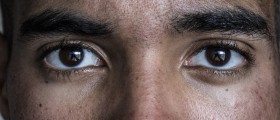
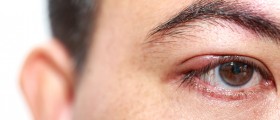




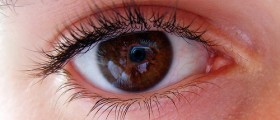
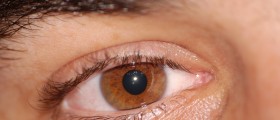
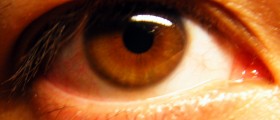
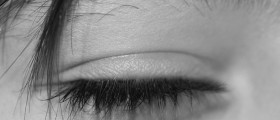



Your thoughts on this
Loading...